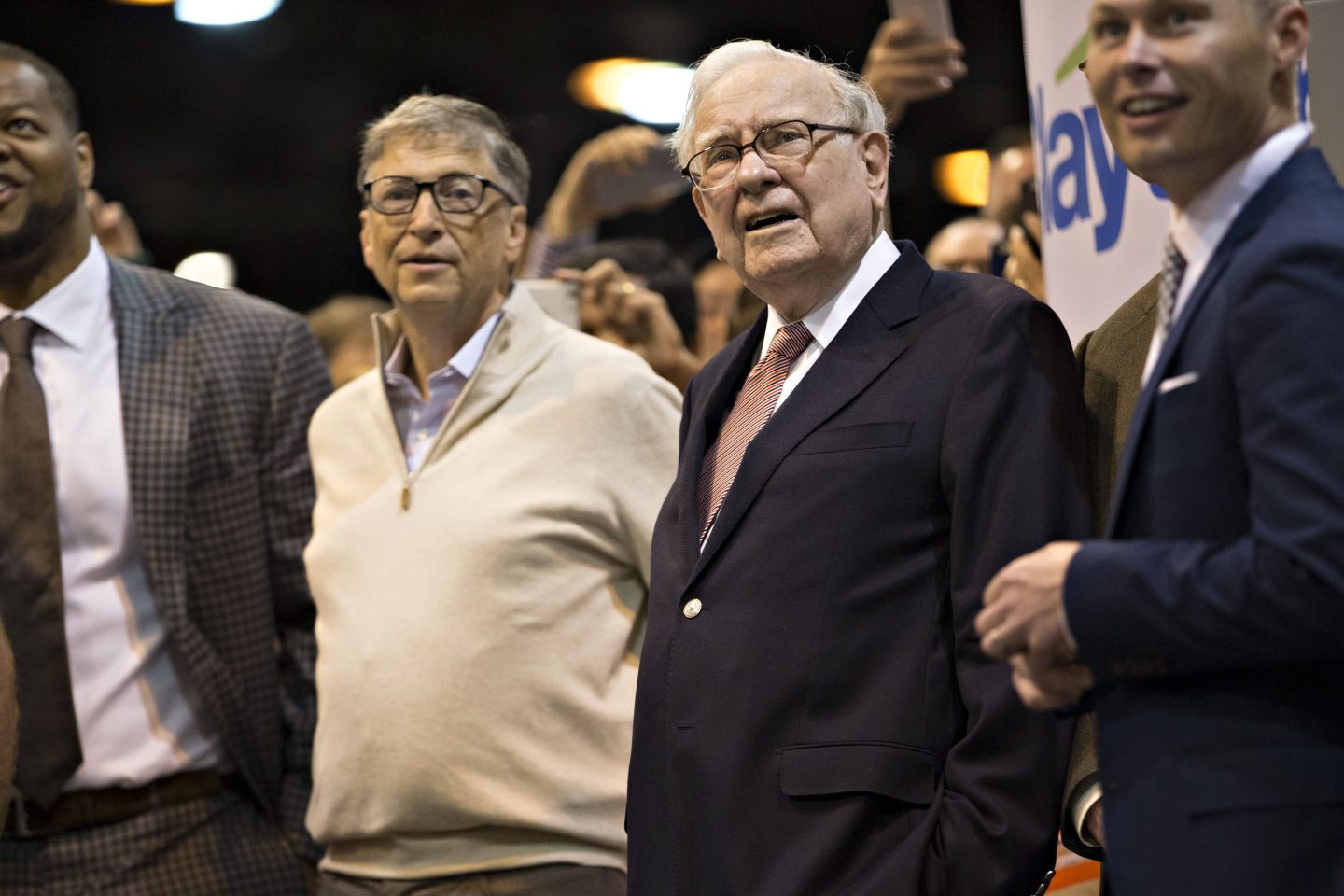I suspect I’m not the only one suffering from severe inequality fatigue.
The debate over income inequality is now officially the most boring debate in America, and that’s because it’s scarcely a “debate” at all. Here’s the thrilling state of play. Liberals think inequality is a really big problem—“the defining challenge of our time,” as President Obama said last December. Conservatives think it’s a problem, but not all that serious. As House Speaker John Boehner said grudgingly in March, “We do have an issue of income inequality in America.”
So we see furrowed brows across the political spectrum, with the “debate” focused on exactly how energetically we should be wringing our hands.
Wake me when it’s over.
Yet it needn’t be this way. We could have a truly interesting debate over income inequality if we started by confronting three questions that no one is asking:
1. If today’s degree of inequality is too great, then what degree would be just right?
Inequality can be measured variously, but the generic chart shows it peaking in the late 1920s, then declining to a trough in the early 1970s, then ascending to today’s level, which is not quite as high as the previous peak. Was 1973 therefore Nirvana, inequality-wise, with the top 1% getting 7.8% of total pre-tax income? That’s still very unequal.
Facing these questions forces debaters to acknowledge that some degree of income inequality is inevitable and even desirable, reflecting the incredible diversity of human aspirations, from wanting to be a poverty-vowing Franciscan friar to wanting to run a hedge fund. Most people actually don’t want to wage a “fight against income inequality,” as Mother Jones calls it. They just want to adjust the degree. If today’s bland inequality-is-bad theme gets replaced with a view that inequality is natural and at some level potentially good, the debate gets a lot more substantive.
2. If everyone’s real income were multiplied by 100, would inequality still be a problem?
Essentially everyone would be at least well-to-do; the middle class would live in opulence; the very rich would be even more staggeringly rich. If the answer is no, it would no longer be a problem, then we’re saying the real issue isn’t inequality at all; it’s that some people just don’t have enough. If the answer is yes, inequality would still be a problem, then we’re saying that no matter how rich people are, excessive inequality tears the social fabric. Pondering the question makes both left and right think harder.
3. Is education the real reason for what’s happening?
Among labor economists there’s actually broad agreement about today’s income inequality. The “canonical model” of the trend, as some call it, was best expounded by Harvard’s Claudia Goldin and Lawrence Katz in their award-winning book The Race Between Education and Technology. Americans’ average level of education soared during most of the 20th century, matching the rising technological demands of employment. As more people gained the needed skills, the workforce broadly prospered, and inequality declined. But then, around 1970, our average educational attainment plateaued while the workplace kept demanding better skills. Only those who acquired the new skills—no longer a growing proportion of the workforce—moved ahead. The rest were left behind.
This explanation, researched with monumental thoroughness, is the best I’ve ever seen and is widely accepted among economists. It pushes aside the explanations being advanced by politicians, who are mostly flogging the same policy prescriptions they’ve been pushing for eons. If the inequality debate is really about education, then the discussion suddenly gets much more focused and productive.
Let’s hope public figures cut the platitudes and start debating questions like these—and soon. America’s eyes are glazing over fast.













